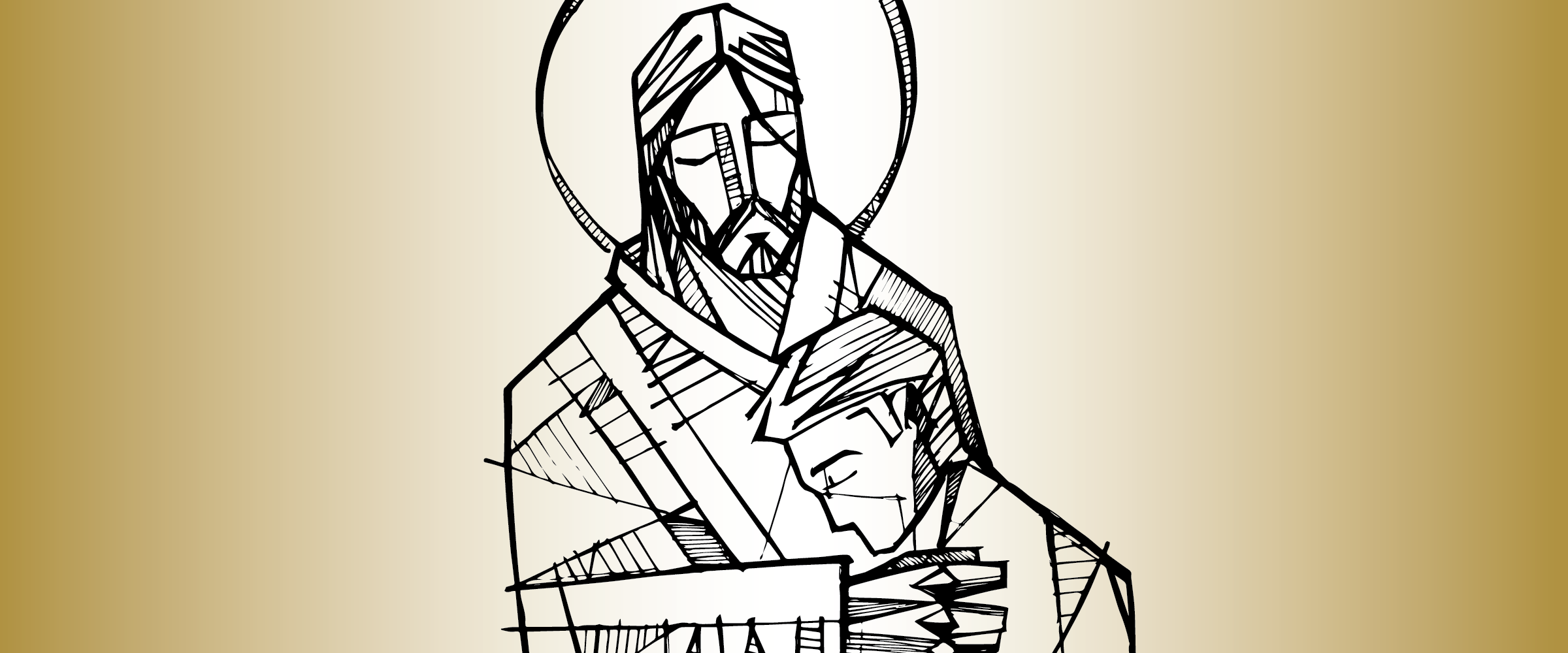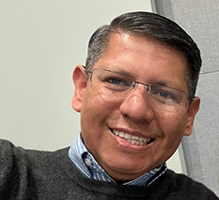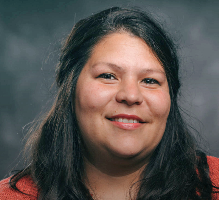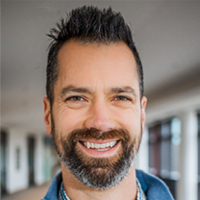
Strengthening the Capacity of Dioceses and Parishes to Support Mental Health
“In the Church, the healing community, the necessary professional psycho-social support cannot be overlooked; however, also in this field, the primary type of care is the diakonia of love, that can be practiced by all those who feel called by the Lord.”
– Dicastery for Promoting Integral Human Development, 2020
Community is centrally important to the life of the Church, reflecting our communion as One Body in Christ. Recent studies show that supportive relationships are a key factor for improving well-being among persons with mental illness. Nevertheless, the Church is not immune from the cultural crisis of loneliness. Many people, particularly those with mental illness and their loved ones, identify feelings of isolation and alienation.
The Fiat Program helps Catholic leaders to strengthen a culture of accompaniment within local dioceses, parishes, and schools. Drawing on the wisdom of faith and science, the Fiat Program provides formation in mental health, pastoral care, and Church life.
Informed by evidence-based practice in psychology and neuroscience, Fiat’s formation program offers a theologically robust, scientifically rigorous framework for understanding and supporting persons with mental illness. Its community-based model of learning helps leaders to practice skills of emotional, spiritual, and sacramental care and to envision together how to translate these skills to the communities where they serve.
In spring 2023, the Fiat Program launched the inaugural Mental Health Ministry Fellows Cohort, an online education program, involving a cohort of 23 ministers from dioceses, parishes, and schools across the country.
Beginning in 2024, Fiat will offer a diocesan accompaniment program to form communities of diocesan directors and parish priests and ministers in the principles and methods of sacramental, pastoral care and spiritual accompaniment for persons and families with mental illness.
Experiences from the Inaugural Mental Health Ministry Fellows Cohort

"I can only express my gratitude for this course because it has allowed me to obtain more tools and resources to be able to carry out my ministry in service to the Church, the people of God. I had the opportunity to study clinical psychology and philosophy in my native Ecuador. When I came to this country and encountered anew the mercy of God, I discovered how necessary it was for psychology to be given a touch of God. This course has helped me to think through how we as a Church can better welcome and accompany our vulnerable brothers and sisters who come to this country, with many traumas and psychological problems, because they had to leave their places of origin." – Luis Oswaldo Sanchez, Coordinator for Catechesis with Hispanics, Archdiocese of Newark

“There is an urgent need for parishes to make the issue of mental health ministry a priority by providing spaces of pastoral care, connectedness, and compassion—spaces where individuals come to receive God and form relationships of trust with leaders and the broader community. The Fiat Faith and Mental Health course has allowed me to deepen my vision and create the FIAT (Faith in Action Together) Mental Health Accompaniment Model for the Archdiocese of Los Angeles. This model involves a multi-layered theological framework to support individuals and families in our community experiencing mental health challenges. Through dialogue and partnership, our strategic vision engages all levels of the parish community, from the clergy to parishioners, pastoral ministers, educators, and practitioners.” – Jeanette Gonzalez Seneviratne, Director, Caring for the Whole Person, Archdiocese of Los Angeles

"The Fiat Program's Catholic Mental Health Ministry Fellows Course is a profound opportunity for anyone in ministry to better integrate the eternal truths of our faith with the daily needs of all who seek greater mental and spiritual health in their lives. And this type of work is so deeply necessary with the challenges that all pastoral ministers face at this point in history. The Course's careful balance of sound neuroscience, truths from the Christian tradition, the dignity of the person, and pastoral application offers a gift that isn't being done anywhere else. I learned an amazing amount about God's loving plan for our minds, but to reduce the course to merely learning would be to do it a disservice: through conversation, prayer, and reflection, I was truly formed in mind and spirit. The Course has helped me to be a better minister to be sure, but I am also a better disciple of Jesus." – Pat Millea, M.A., Director of Formation and Operations, Co-Founder, Martin Center for Integration